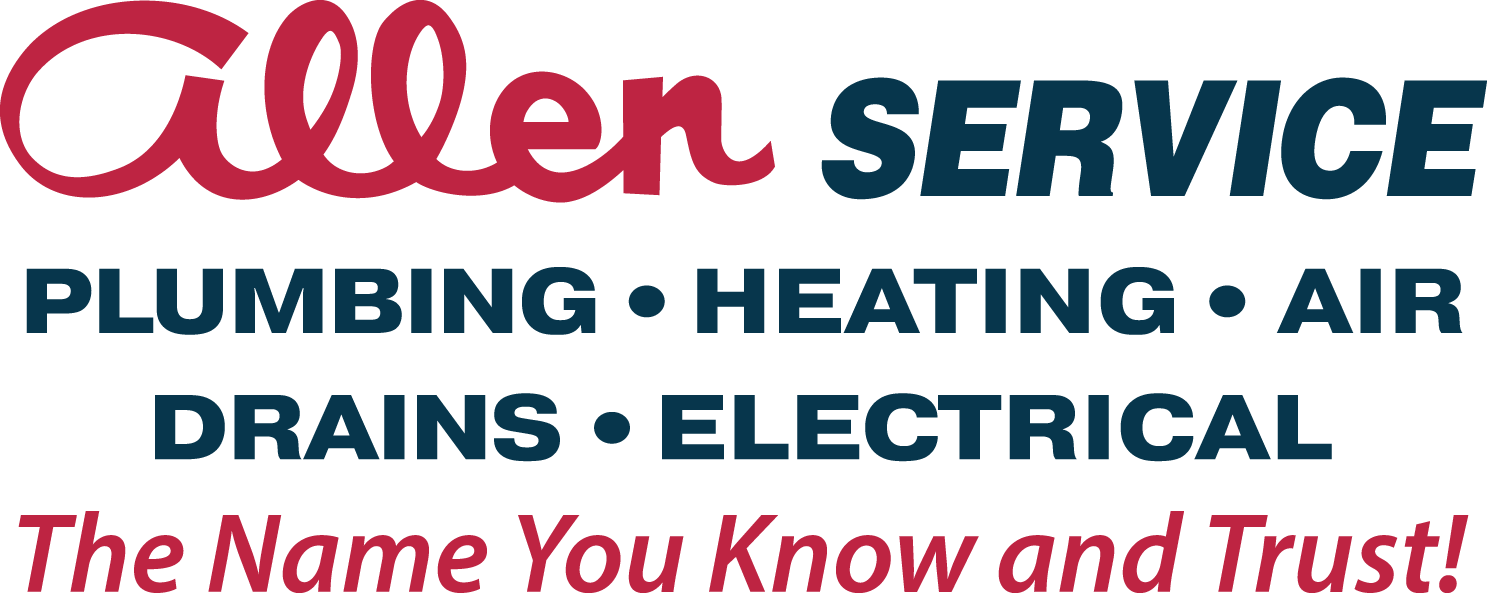
Are you tired of running out of hot water in the middle of a shower or waiting endlessly for the water to heat back up? A tankless water heater might be the solution you need. These units are becoming increasingly popular in modern homes thanks to their numerous benefits and advanced technology. Let’s explore seven advantages of tankless water heaters and why they might be the perfect fit for your home in the Fort Collins area.
1. Endless Hot Water Supply
One of the biggest benefits of tankless water heaters is that they never run out of hot water. Traditional water heaters store 30 to 80 gallons in a tank, which can run out after a few back-to-back showers. In contrast, tankless systems heat water on demand, ensuring you always have hot water available, no matter how much you use.
Just be aware that tankless units have a lower flow rate, limiting you to one or two hot water activities at a time. If you have a large family, you may need multiple point-of-use water heaters installed in strategic areas like the kitchen, bathroom, or laundry room.
2. Energy Efficiency
Tankless water heaters are renowned for their low operating costs. Because they only heat water when needed, they avoid the standby heat loss associated with maintaining a tank of hot water at all times. This on-demand heating process reduces energy consumption by up to 34% compared to traditional water heaters. You’re bound to notice the difference right away, especially if you make efforts to conserve hot water.
The only problem with the water heater shutting off between uses is a phenomenon called the “cold-water sandwich.” If you turn off the water for several seconds or decrease the flow to a trickle, the water will become cold before it feels hot again. To avoid this, you may need to keep the water flowing even when you don’t need it, negating some of your savings.
3. Extended Life Span
Tankless water heaters last longer because they experience less wear and tear. While conventional tanks usually last eight to 12 years, tankless models can last up to 20 years with proper maintenance. This extended lifespan means fewer replacements and less frequent disruptions to your hot water supply.
4. Smaller Unit Size
Tankless water heaters are much more compact than tank models. When you picture a traditional water heater, a large cylinder occupying significant floor space is probably what comes to mind. However, tankless water heaters are about the size of a carry-on suitcase, mounted on the wall to free up valuable space in your storage or utility room. This compact design makes tankless units perfect for apartments, small homes, or anywhere you want to conserve space.
5. Reduced Maintenance
Maintenance for tankless water heaters is generally less frequent and less involved. Traditional water heaters require annual maintenance to flush the tank, check for sediment build-up, inspect the anode rod, and test the temperature and pressure (T&P) relief valve. In contrast, tankless systems can go several years without needing service. An annual system flush might be necessary in areas with hard water, but the homeowner can often perform this relatively simple process using a vinegar solution.
6. Environmentally Friendly
Lower energy consumption and a longer lifespan make tankless water heaters more environmentally friendly. Their efficiency reduces energy demand, lowering your home’s carbon footprint. Plus, less frequent replacements mean reduced waste. Choosing a tankless water heater is a step toward a more sustainable lifestyle.
7. Reduced Risk of Water Damage
Traditional storage water heaters pose a risk of flooding if the tank rusts or develops a leak. Whether you experience a slow leak or a catastrophic flood, the resulting repair costs and mold issues can be substantial. By comparison, tankless water heaters don’t have a storage tank, eliminating the risk of tank-related leaks. This design protects your home from water damage and offers peace of mind.
FAQs About Tankless Water Heaters
How do tankless water heaters work?
Tankless water heaters heat water without a storage tank. When you turn on a hot water tap, cold water flows into the water heater. The unit heats it directly via a gas burner or electric element. This on-demand heating method provides a continuous supply of hot water.
How efficient are tankless water heaters?
Tankless water heaters are highly efficient. Their performance is determined by the uniform energy factor (UEF), with higher ratings indicating more efficient operation. Many models achieve UEF ratings of up to 0.99, meaning only 1% of the energy used to heat the water goes to waste. This high efficiency reduces energy consumption and lowers your utility bills.
How long do tankless water heaters last?
With proper maintenance, tankless water heaters can last up to 20 years. This longevity is roughly twice as long as traditional water heaters. Regular maintenance, including descaling if you have hard water, maximizes your tankless water heater’s lifespan.
How much are tankless water heaters?
The cost of a tankless water heater depends on the model and installation requirements. Smaller units needing no additional venting or electrical work are the most affordable. Expect to pay more for a larger model, multiple point-of-use water heaters, or complex venting.
Who installs tankless water heaters?
Only licensed professionals should install tankless water heaters to ensure they are set up correctly and operate safely. Professional installation services, such as those offered by Allen Service, provide peace of mind that your system will function properly for years to come.
Install a Tankless Water Heater in Fort Collins
Switching to a tankless water heater is the best way to enjoy endless hot water and lower water heating bills. Allen Service is a reliable source for tankless water heater installation. We pride ourselves on quality work, affordable prices, and unbeatable customer service. With over 60 years of experience as a third-generation, family-owned business, we are the name you know and trust for plumbing services in Fort Collins. Schedule an estimate today and start enjoying the benefits of modern, efficient water heating.
